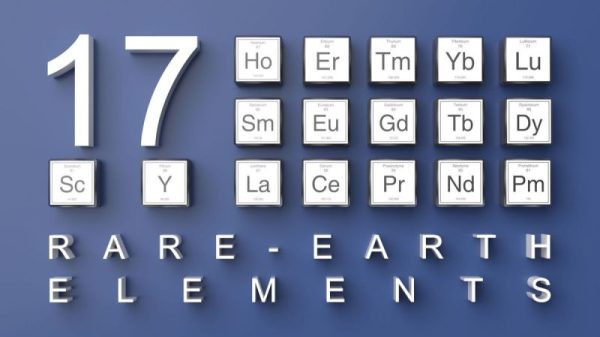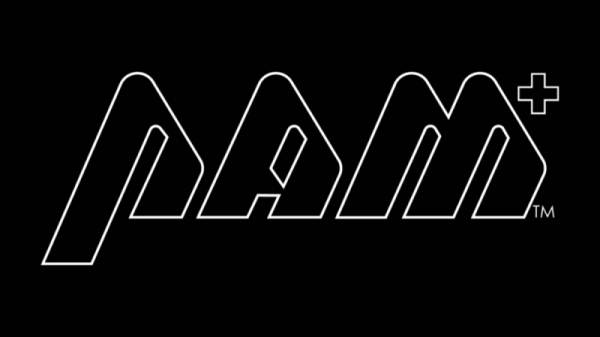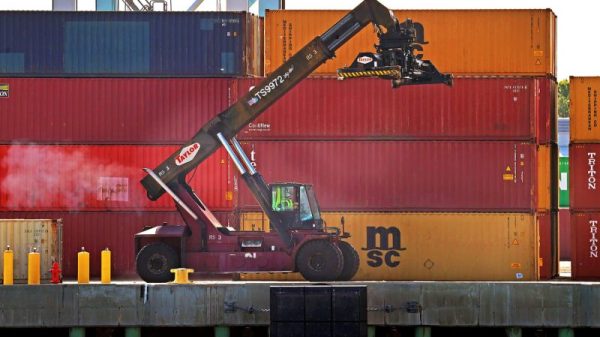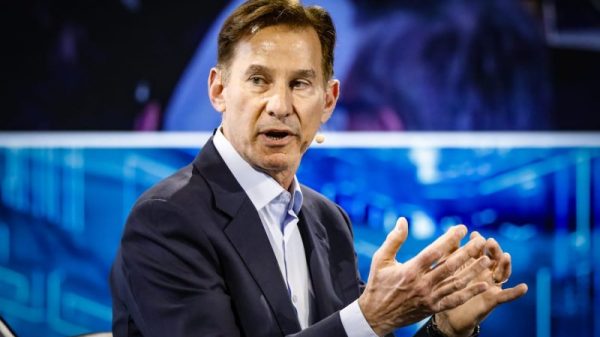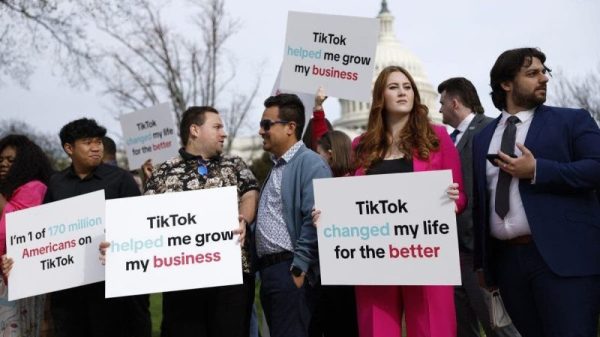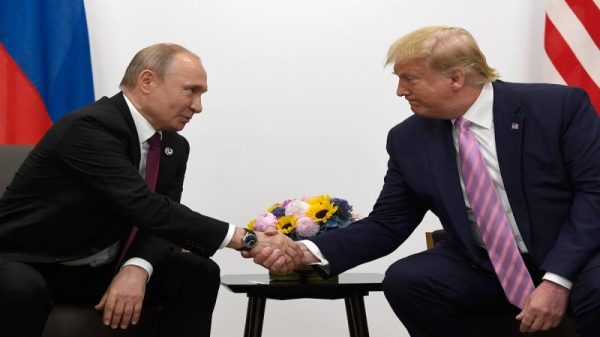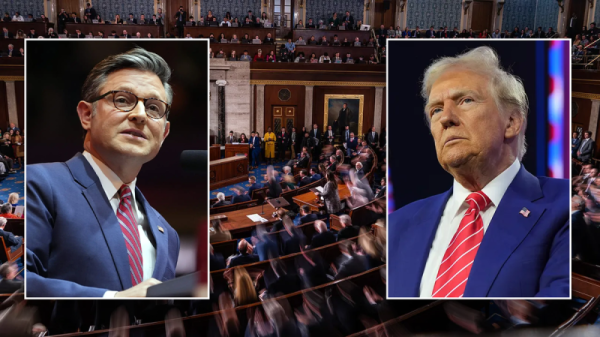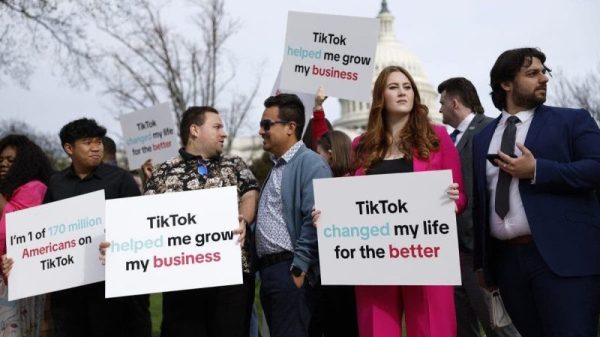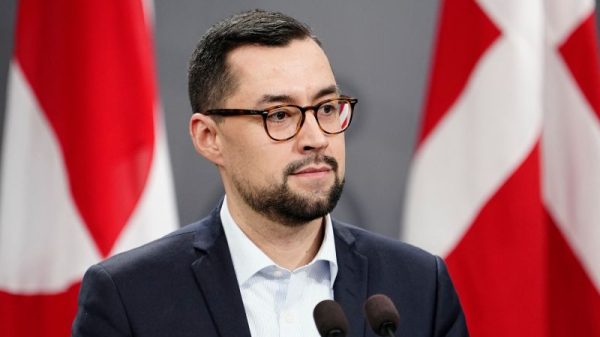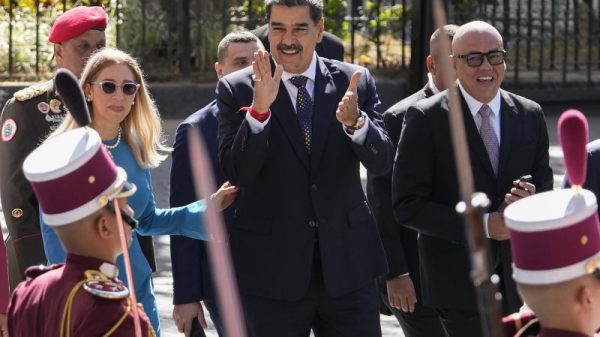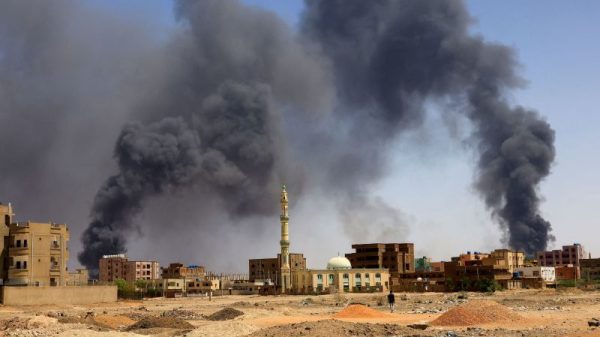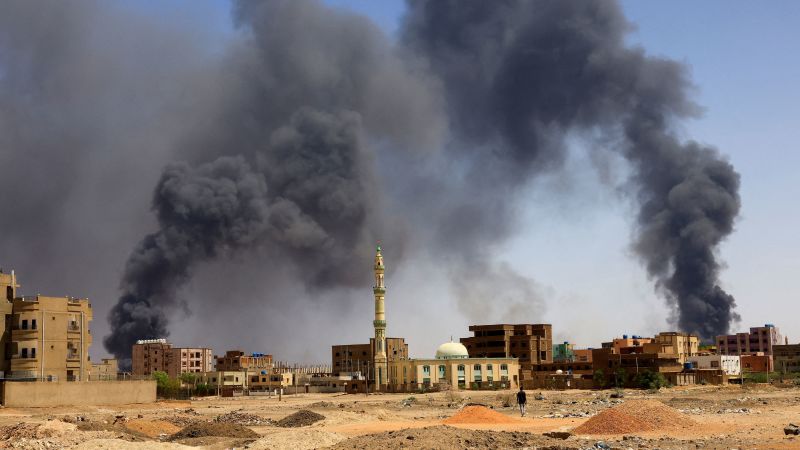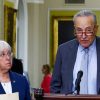This week, the United States accused the RSF militia in Sudan’s brutal civil conflict of committing genocide.
It’s the second time in two decades that genocide has been declared in the northeast African nation, where thousands have died and millions are in the grip of a humanitarian crisis.
How did the country get here?
For 20 months, two of Sudan’s most powerful generals – Abdel Fattah al-Burhan, leader of the Sudanese Armed Forces (SAF), and Mohamed Hamdan Dagalo, also known as Hemedti, who heads the paramilitary Rapid Support Forces (RSF) – have viciously competed for territory in a country still reeling from the massacre of tens of thousands of people in the early 2000s and the displacement of millions more.
The two men – former allies – jointly ousted President Omar al-Bashir from office in 2019. Together, they also contributed to another coup in 2021 when al-Burhan seized power from the country’s transitional government.
Today, Sudan is riven by conflict, with the RSF believed to be in control of much of the country’s western and central regions, including Darfur and parts of the capital Khartoum.
More than 11 million people have been internally displaced since the fighting erupted in April 2023, according to the United Nations, while millions more have fled Sudan.
Hunger is widespread and famine conditions are now present in several areas of the country, the UN has warned.
Who has been cited as responsible?
US Secretary of State Antony Blinken said Tuesday that Hemedti’s RSF and its allied Arab militias had perpetrated “direct attacks against civilians” including the systematic murder of “men and boys – even infants – on an ethnic basis.”
They also “deliberately targeted women and girls from certain ethnic groups for rape and other forms of brutal sexual violence,” Blinken said, adding that the same forces “targeted fleeing civilians, murdering innocent people escaping conflict, and prevented remaining civilians from accessing lifesaving supplies.”
“Based on this information, I have now concluded that members of the RSF and allied militias have committed genocide in Sudan,” he announced.
The RSF described the decision by the US as “unjust,” adding in a statement on its Telegram channel that “the State Department’s claim that the RSF committed genocide in Sudan is inaccurate.”
“The decision fails to specify the group against which the alleged genocide was committed or the location of the genocide … The decision vaguely refers to the Sudanese people, of whom RSF fighters and supporters are an integral part,” the RSF statement said.
The RSF has a history connected to ethnic-driven violence. The paramilitary group grew out of the Arab Janjaweed militia that oversaw the genocide of the early 2000s. That carnage left an estimated 300,000 people dead.
Since fighting erupted in mid-April 2023 between the RSF and the SAF, ethnically motivated killings have intensified, particularly in the western Darfur region. This mirrors the pattern of targeted killings that typified the first genocide.
West Darfur witnessed some of its worst ethnic-related killings in 2023, when hundreds of people from non-Arab ethnic groups were massacred by the RSF and forces linked to it. On Tuesday, the US imposed sanctions on their leader Hemedti, “for his role in systematic atrocities committed against the Sudanese people,” and sanctioned seven RSF-linked companies and one individual “for their roles in procuring weapons for the RSF.”
Are both warring factions complicit in abuses?
In September last year, a United Nations fact-finding mission accused both the SAF and the RSF of complicity in war crimes.
And in his statement, Blinken laid blame for abuses at the door of both parties. “The United States does not support either side of this war, and these actions against Hemedti and the RSF do not signify support or favor for the SAF,” he said. “Both belligerents bear responsibility for the violence and suffering in Sudan and lack the legitimacy to govern a future peaceful Sudan.”
In Darfur, she said, where she has worked for over 20 years, sexual violence has been “used as a tool of terror to force communities to submit to the RSF,” – a pattern seen in previous conflicts that has been replicated by the militia group, she claimed.
“It’s the same method and strategy,” she said of the alleged sexual crimes. “It’s also used for retaliation in their war against SAF and it has ethnic elements to it.”
Al-Karib said that between October and January, her organization had handled cases of at least 10 girls, some as young as 14, who took their own lives after being gang-raped by RSF militia men in Sudan’s Al Jazira state. This had followed the defection of an RSF commander in the area to SAF, she said.
“The RSF has been completely emboldened by impunity, a lack of accountability, and the fact that they were not seriously subjected to any sort of accountability,” she said, welcoming the US sanctions against Hemedti.
Civilians and aid agencies have also borne the brunt of frequent shelling and staged raids by the Sudanese army and the RSF – targeting civilian areas and causing multiple casualties.
Last month, more than 100 people were killed after bombs fell on a crowded market in North Darfur. In the same month, three staff members of the World Food Programme (WFP) were killed in an airstrike on the agency’s office in Blue Nile State, wrapping up “the deadliest year on record for aid workers in Sudan,” the UN said.
Dozens of airstrikes with multiple fatalities are reported daily by Sudanese media. A senior procurement official who led the SAF’s acquisition of arms was sanctioned by the US last October.
The RSF and the Sudanese military typically blame one each other for such attacks, with a recent statement from the RSF criticizing the US for overlooking “widespread atrocities committed by the SAF, including aerial bombardments that have claimed the lives of more than 4,000 civilians.”
What is the impact on civilians?
Before the deadly power tussle erupted between the SAF and the RSF, Sudan already ranked among the world’s poorest countries with decades of conflict hindering its economic growth.
Their war, now in its second year, has displaced more than 11 million people within Sudan, while some 3.2 million others have fled to neighboring countries, according to UN figures.
Some of those unable to flee are harbored in Darfur’s Zanzam camp, where famine was declared last month. The camp, home to around half a million displaced people, has also come under RSF bombardment.
Hunger in Darfur has sometimes forced people to eat “grass and peanut shells” to survive, the then WFP regional director for Eastern Africa, Michael Dunford, said last year, amid warnings by the UN that some 26 million Sudanese were facing acute hunger.
Food deliveries to Darfur resumed last August after a key border crossing was reopened by authorities for aid to enter Sudan. But in parts of Darfur, aid organizations are still impeded by restrictions and famine conditions area spreading to additional areas, a UN report said this week.
On Friday, humanitarian group Médecins Sans Frontières, or, Doctors Without Borders (MSF) said it was suspending activities at one of the last operating hospitals in the RSF-controlled south Khartoum, citing recurring attacks from armed fighters.
“The medical needs are overwhelming. Injuries are often horrific. Mass casualty incidents have become almost routine,” MSF’s Emergency Coordinator, Claire San Filippo said in a statement.
How has the world responded to the war?
The Sudanese conflict has been largely overshadowed by hostilities in other parts of the world such as in Ukraine and Gaza, International Monetary Fund chief Kristalina Georgieva said last year.
However, warring factions in the African nation have also defied global efforts to end the conflict.
Last month, Blinken told the UN Security Council that foreign actors were fueling the war in Sudan, but he did not name who they were.
“To the foreign sponsors sending drones, missiles, mercenaries – enough. To those profiting off the illicit oil and gold trade that fund this conflict – enough,” he said.
Sudan’s military government has frequently accused the United Arab Emirates of arming the RSF, but the Gulf nation denies this. The seven RSF-linked companies that were sanctioned by the US on Tuesday are all based in the UAE.
In November, Russia vetoed a UN Security Council resolution that called on Sudan’s warring factions to end the fighting, strengthen protections for civilians and allow the delivery of humanitarian aid. Sudan’s military-backed foreign ministry welcomed Russia’s action, saying the UN resolution undermined Sudan’s sovereignty.
Will the US genocide determination make a difference?
Nonetheless, it is “a form of justice because it recognizes victims’ grievances,” he said.
“It is a step towards peace and accountability by paving the way to hold actors responsible to account, not only perpetrators themselves but actors complicit in genocide,” added Ali, a legal adviser at the Canada-based Raoul Wallenberg Centre for Human Rights.
For activist Al-Karib, US sanctions against Hemedti and the declaration of genocide could be crucial in not only reining in his militia but also curbing the support he receives from foreign actors.
“We don’t think that the scale of these atrocities happening in Sudan and Darfur would have been this big without the support of the UAE to the RSF,” she said.
“So, we hope that the US decision to sanction Hemedti will send a strong message to the UAE to rethink its position and engage in a serious political process to end these atrocities and genocidal acts happening across the country.”

